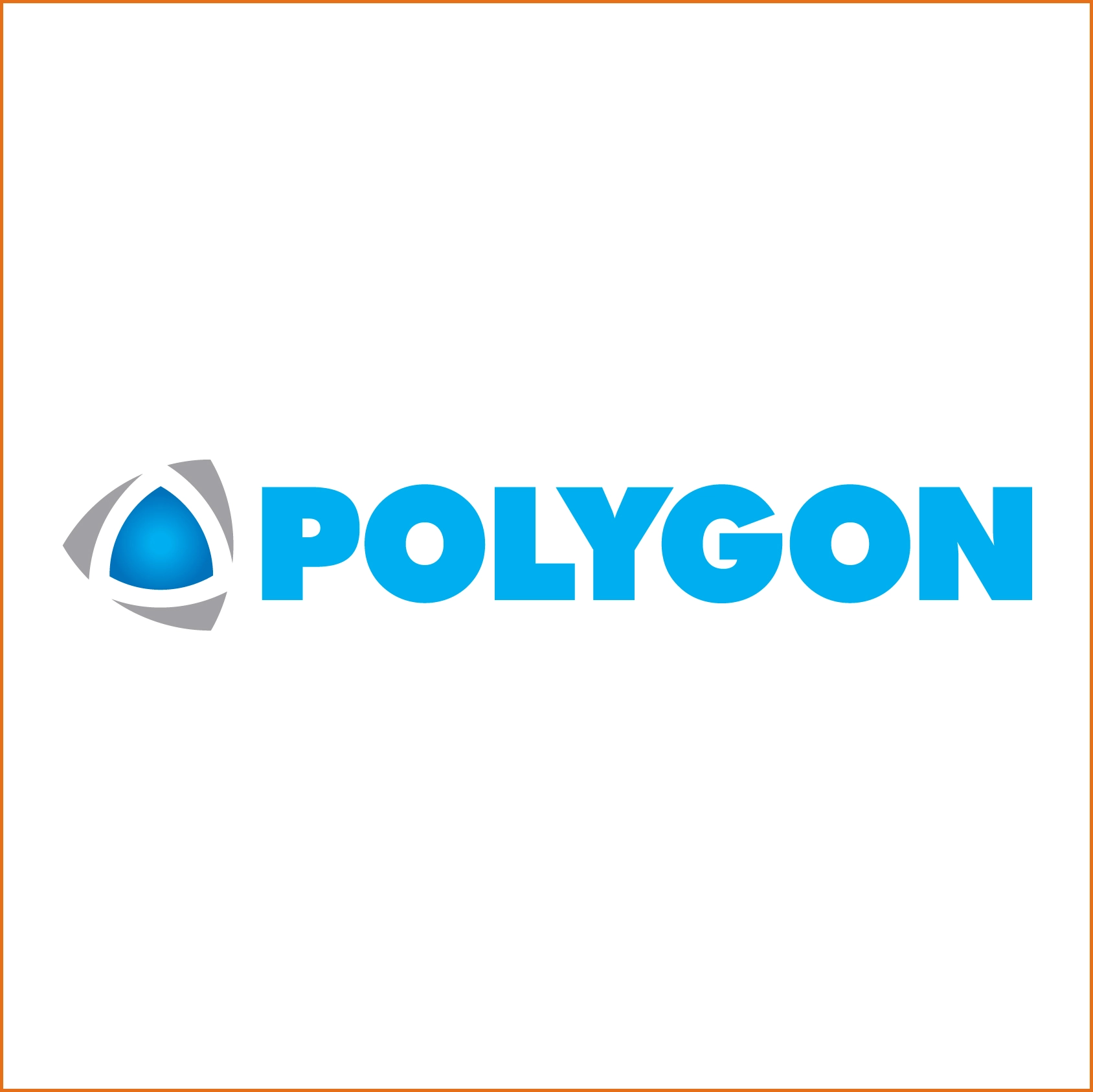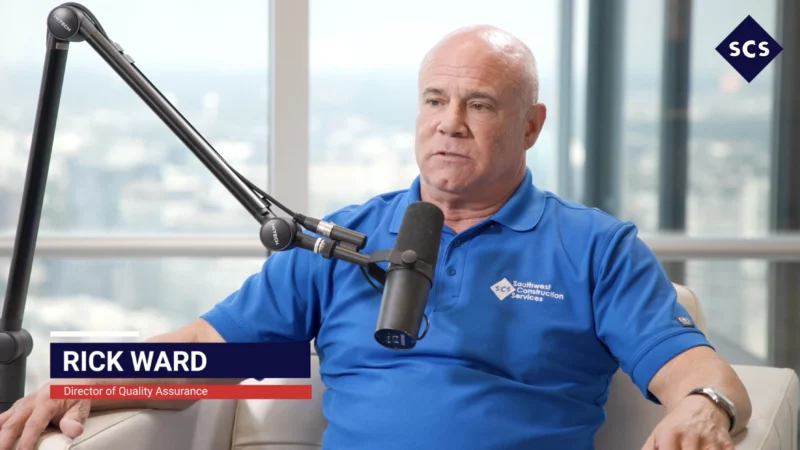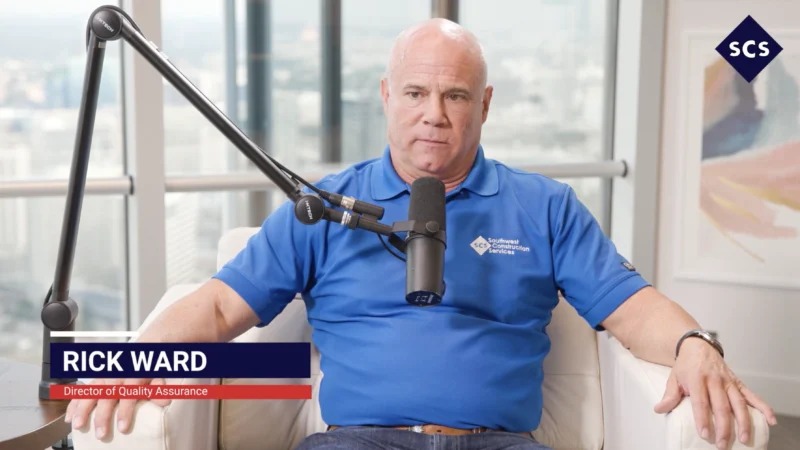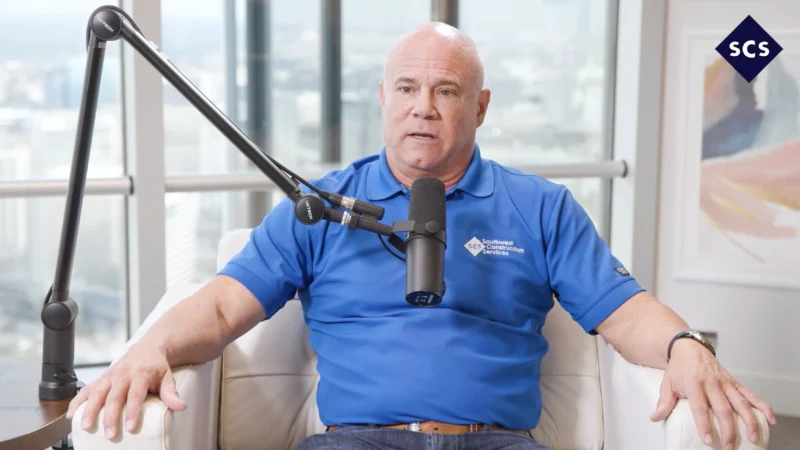Climate Control Strategies and LEED 4.1
As the most widely used green building rating system, the LEED certification process has recently published updated credit standards that help buildings save money and improve efficiency. However, the LEED 4.1 process isn’t just about the end process, but how climate control strategies throughout the construction period can help guarantee the protection of materials in order to earn LEED-certification. So, why does maintaining indoor climate conditions matter?
In this episode of Ideal Conditions, a Polygon podcast series, host and Marketing Director for Polygon, Deanna Talbot, speaks with Polygon’s Director of Engineering and Technology, David Simkins, about the confluence of LEED 4.1 and climate control strategies.
The two discuss:
- How the reassessment of LEED standards impacts client credits
- How Polygon’s sensors provide early detection to allow for corrective action and the enhancement of indoor air quality
- Which climate control strategies help clients earn credits for LEED certification
Simkins explained, “The other thing though, that we really want to get in place is basically a protection plan around the materials, and this is, in essence, moisture management, but we want to make sure that when the materials are coming into that building, we have the right climate for them so that we’re maintaining those warranties…”
David Simkins has over 30 years of experience in Engineering, Management, and Leadership. Simkins worked as an Engineer for six years before moving to Management, for a variety of companies, including Munters Corporation. He was a Member of the Board of Directors for Caption Data Limited and has been with Polygon for over 12 years. He is a graduate of Northeastern University with a B.S. in Mechanical Engineering and holds two MBAs in Leadership and Business Administration, respectively, from Boston University.




